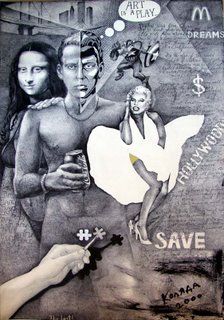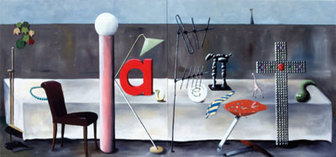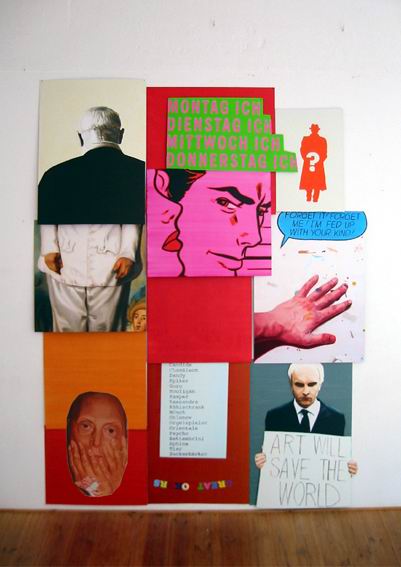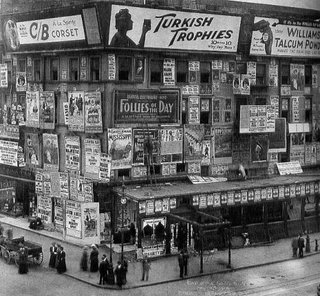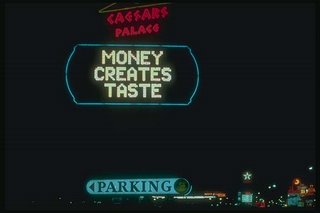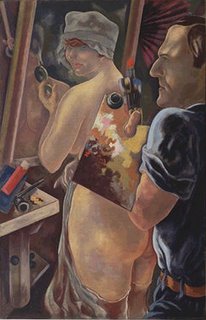the pleasure seems to balance out the pain
HAPPY BIRTHDAY PETE
One of the best I've read this year:
If you see something, say something-- by Michael Brownstein
We need your help as an extra set of eyes and ears.
Unattended bags? Suspicious behavior?
Take notice of people in bulky or inappropriate clothing.
Report anyone tampering with video cameras or entering unauthorized areas.
If you see something, say something.
I see something.
I see a criminally insane person roaming the halls of the White House.
He believes he’s the president of the United States.
And I see a rotund bastard with a heart problem hovering in the background, pulling the strings.
His crooked smile lights the way to perdition.
In the early morning chill I see the streets of New York filled with people on their way to work.
We think we’re home free because John Ashcroft retired.
No more red alerts, no more terrorists disguised as tourists worming their way into town.
No more dirty bombs left in suitcases in Grand Central.
Little do we know. Little dare we surmise.
Like the rotund bastard with the heart problem said the other day, "You know, it’s not an accident that we haven’t been hit in four years."
What’s that supposed to mean? That sooner or later he’ll feel threatened enough to push the hot button again?
And when he does will he be in his secret, climate-controlled tunnel half-way between D.C. and Wyoming?
Far from the narrow, dark canyons of Manhattan?
If you see something, say something.
I see something.
I see the forgotten anthrax killers whose bioweapons source was not al-Qaeda but our own American arsenals.
I see no global war declared on Fort Detrick or the Dugway Proving Grounds, no troops deployed, no actions taken.
Our attention always focused somewhere out there (Iraq, North Korea, Iran), never in here.
If you see something, say something.
I see a billion dollars a week spent on this war rather than the two billion a year needed to lock down leaking Russian nuclear facilities.
I see the US military buying anthrax in violation of treaties limiting the spread of bioweapons.
I see nanotech embraced for mirage medical cures while its use for surveillance and control is ignored.
I see all of us innoculated into a state of permanent low-level
paranoia.
If you see something, say something.
I see something.
I see our Supreme Leader in the Oval Office fondling "the football," the top-secret suitcase with instructions to blow up the planet.
Sixteen years after the Berlin wall fell I see thousands of hydrogen bombs still on hair-trigger alert in Russia and the USA.
I see forty of those bombs aimed at New York City.
If you see something, say something.
I see our protective coating of ironic distance shielding us from the truth.
Over the phone I hear 'Have a nice day,' and 'Please speak to the system.'
And in the stores, behind the Christmas carols, I hear the whine of black helicopters making the world safe for democracy.
'Freedom!' I bark, and a miniature poodle on a leash barks back at me.
I see something.
I see the US holding the world for ransom.
Again and again the same words keep surfacing: 'the national interest, the national interest, the national interest.'
Reptilian brains having a toxic reaction to testosterone.
Plunging us all into the icy waters of selfish calculation.
If you see something, say something.
I see this trashed-out culture of ours approaching the wall.
Plant and animal species disappearing at warp speed.
Soil turned to dust, aquifers drained dry.
And I see it’s too painful to go there.
It’s too painful to go there, I’m headed outside for a smoke.
It’s too painful to go there, I’m busy learning Italian.
It’s too painful to go there, my therapist told me to stay positive.
She said that whatever I experience is up to me, that I create my own world.
My guru said the same thing.
But it’s funny, no matter what they say I keep seeing this weirdness out of the corner of my eye.
I see undercover agents on every transport platform, watching over my fellow Americans strapped into bucket seats.
I see my fellow Americans weighed down by schedules and cellphones and computers and wristwatches.
I see their children swallowing pharmaceuticals to get through the day.
While in nearby fields the birds and animals look on with infinite patience, waiting outside of clock time for us to burn out and disappear.
(The yellow-throated warbler singing, 'Is that the best you can do? Best you can do?' 'Is that the best you can do?')
I see something.
I see arbitrary national borders separating us from our humanity.
I hear the siren song of nationalism driving us onto the rocks.
9/11 and the war in Iraq no more than red herrings distracting us from this fact.
Cause Iraqis are people just like us. How can their deaths be worth less than ours?
I see it’s time for us to take a look in the mirror.
Notice the frightened children in there, wondering how they got into this mess.
Realize there’s no one in the whole wide world to blame.
Decide to risk everything and open our hearts.
That’s the one thing against which the rotund bastard has no defense.
If you see something, say something.
I see that even though my therapist charges a hundred and seventy-five an hour and my guru has a lifetime free pass, maybe they’re right.
I’m responsible for what’s happening to me.
My beliefs create my experience.
Otherwise why am I swallowed up in rituals of mutual self-destruction while outside a sweet wind blows through the trees?
Cause I see two wolves fighting in my heart, one vengeful and the other compassionate.
Which one will I feed today?
Will I behave as if the god in all of life matters?
Or will I come after you, blaming and accusing?
Which one will I feed today?
